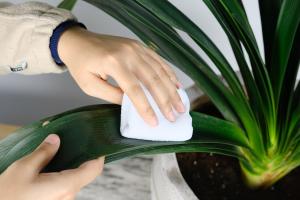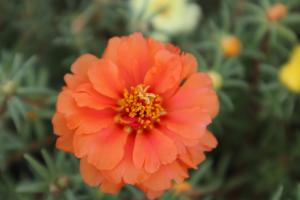Introduction
Bees are one of the most important insects in our ecosystem. They play a crucial role in the pollination process, which is essential for the growth and reproduction of many plant species. In this article, we will explore how bees benefit plants and why they are considered essential for our environment.
What is pollination?
Pollination is the process by which pollen from the male part of a flower (the stamen) is transferred to the female part of the flower (the pistil). This process is essential for the formation of seeds and fruits. Without pollination, plants cannot reproduce and continue to grow.
How do bees help in the pollination process?
Bees are considered one of the most effective pollinators. When bees forage for nectar, they collect pollen on their hairy bodies from the male flower parts, which they transfer to the female flower parts. As they move from flower to flower, they transfer pollen, which fertilizes the flowers and leads to the formation of fruits and seeds. Bees pollinate many agricultural crops, including fruits, nuts, and vegetables, which makes them essential for the production of food.
What are the benefits of bees for plants?
Bees play a critical role in maintaining the diversity and abundance of plant species. They help in the production of fruits, nuts, and seeds that provide nutrition to many animals, including humans. Bees also have a positive impact on the quality and size of crops. Research shows that crops pollinated by bees are larger and have higher yields compared to crops that are not pollinated.
Bees also help in the reproduction of wild plants, which support the habitats of many animals. Many butterfly and moth species depend on wildflowers, which require pollination for their survival. By pollinating wildflowers, bees help to maintain and preserve natural ecosystems, which are vital for our environment.
Why are bees declining?
Despite their critical role in our ecosystem, bees are facing numerous threats, which have caused their populations to decline in recent years. These threats include habitat loss, pesticide use, climate change, and disease. Habitat loss and fragmentation have led to a lack of food sources for bees, which affects their ability to survive and reproduce. Pesticide use is also a significant threat to bees, as it can harm their nervous systems, making it difficult for them to navigate and forage.
Conclusion
Bees are essential for our environment and the survival of many plant species. Their role in pollination is crucial for the production of food and the maintenance of natural ecosystems. However, bees are facing many threats, which have caused their populations to decline. It is crucial that we take action to protect bees and their habitats, as they play a critical role in our ecosystem and the future of our planet.

 how many times do yo...
how many times do yo... how many planted tre...
how many planted tre... how many pine trees ...
how many pine trees ... how many pecan trees...
how many pecan trees... how many plants comp...
how many plants comp... how many plants can ...
how many plants can ... how many plants and ...
how many plants and ... how many pepper plan...
how many pepper plan...






























